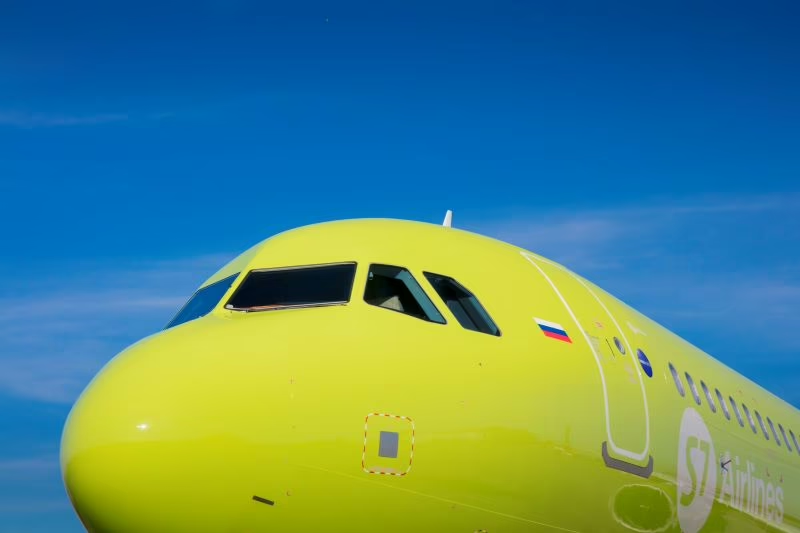
Credit: Airbus / Stefan Kruijer
Air Lease Corp. is maintaining “good communication” with its Russian customers and is confident that its leased aircraft will be returned, where necessary, and relationships with the carriers will leave room for future deals if the geopolitical environment permits such opportunities. “There’s been a...
Subscription Required
This content requires a subscription to one of the Aviation Week Intelligence Network (AWIN) bundles.
Schedule a demo today to find out how you can access this content and similar content related to your area of the global aviation industry.
Already an AWIN subscriber? Login
Did you know? Aviation Week has won top honors multiple times in the Jesse H. Neal National Business Journalism Awards, the business-to-business media equivalent of the Pulitzer Prizes.

